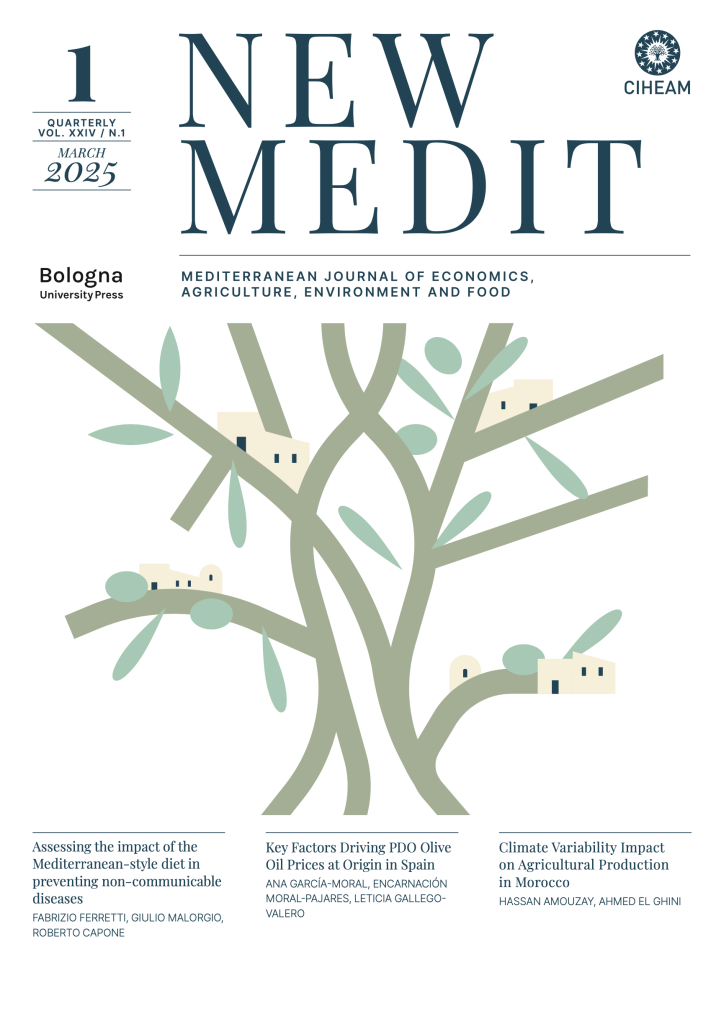Evaluating the impacts of policy reforms under changing market conditions on olive farming systems in Southern Spain
New Medit, vol 12, n.1, (March 2013), pp. 22-36
Language: EN
Jel classification: Q12, Q15, Q18
This contribution explores the impacts of alternative policy reform and market scenarios on different olive farming systems (conventional, integrated and organic) in the Spanish region of Andalusia, by far the most important olive-growing region in Spain and in the world. It simulates the possible consequences of policy schemes such as decoupling, modulation and agri-environmental measures, using a representative farm Positive Mathematical Programming (PMP) model calibrated with the neutral procedure. Selection of this calibration procedure is based on its better predictive power compared to two other procedures also tested: the average cost procedure and calibration with exogenous elasticities. The impact analysis focuses primarily on the distribution of different farming systems over the production area and on farms’ gross margins. The analysis compares the results of a base year 2002, in which all subsidies are coupled, with those of scenarios entailing decoupled non agri-environmental support and complementary subsidies for integrated olive farming. Input costs and positive and negative price variations with respect to the base year are considered. Results show inter alia that the recent agricultural policy changes favour the growth of integrated olive production. They also show that while decoupling has a small impact on land distribution in an increased price context, it might trigger an abandonment of part of the cultivated area in a decreased price context. This study opens up a new research avenue for the olive sector as it is the first time that farm modelling is used to investigate the impacts of olive agricultural and environmental policies on different market price and input cost settings.
olive farming systems, agricultural policy reforms, PMP, representative farm model, Andalusia











